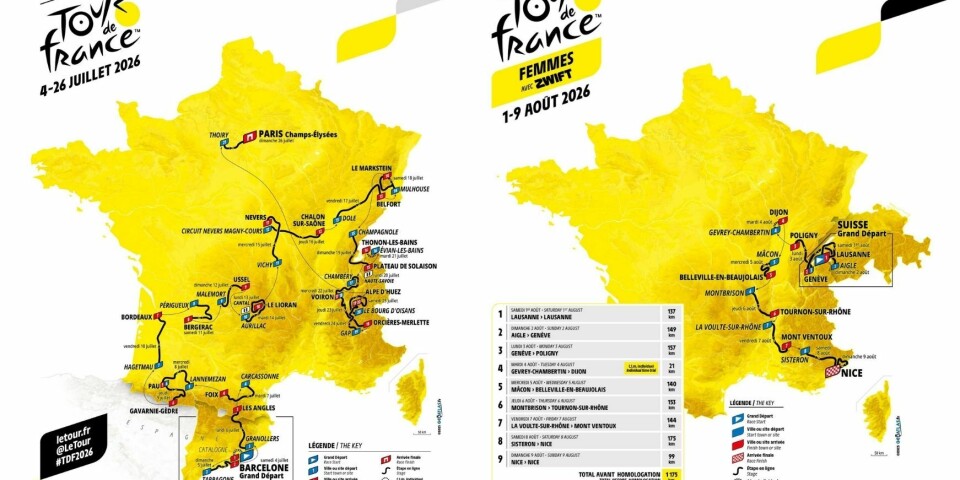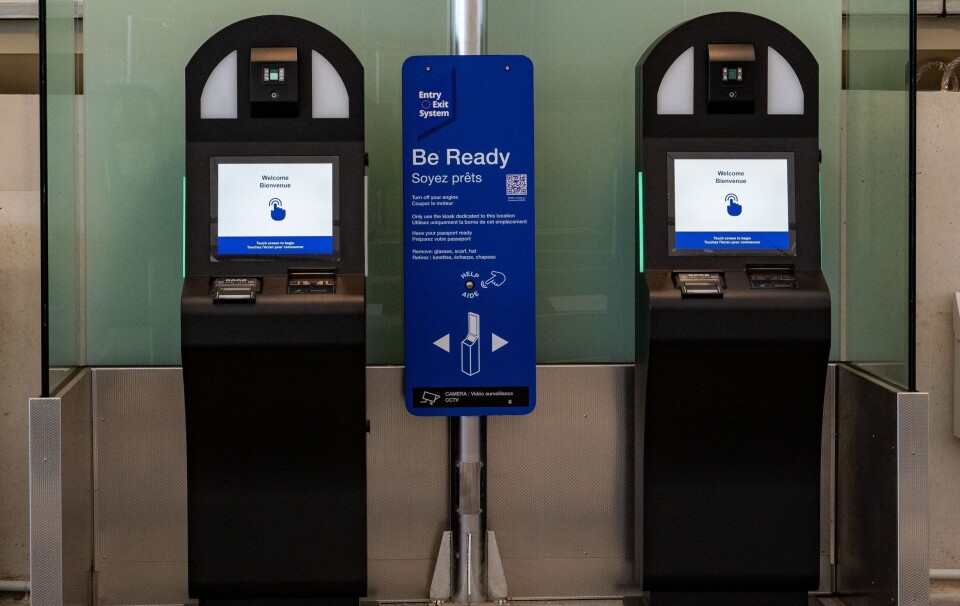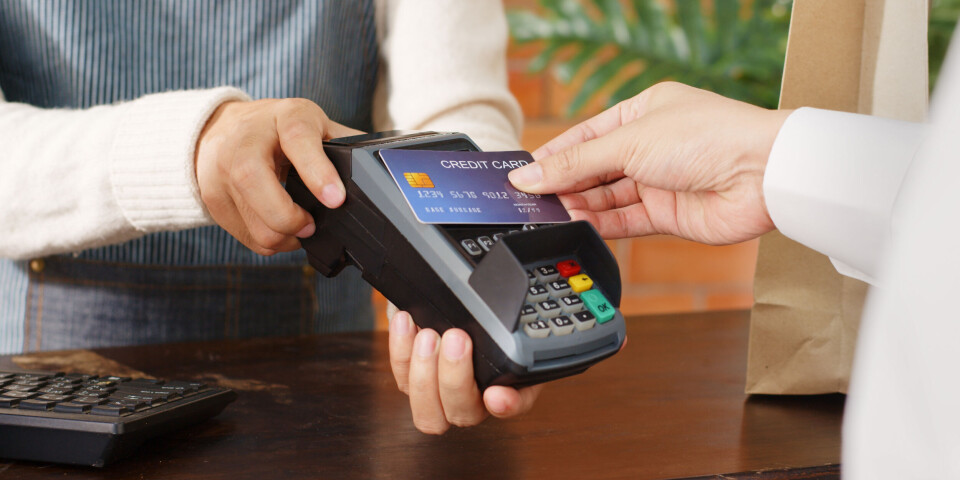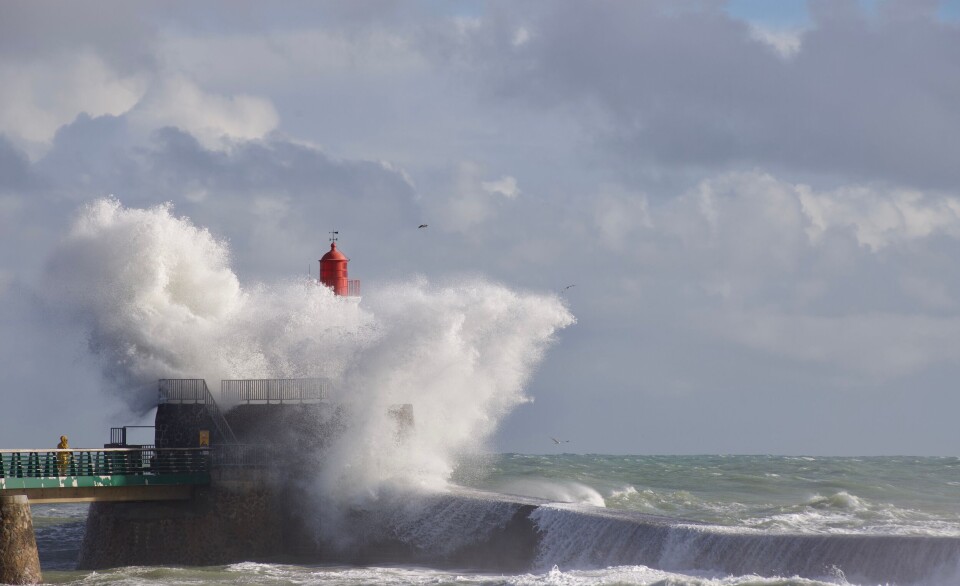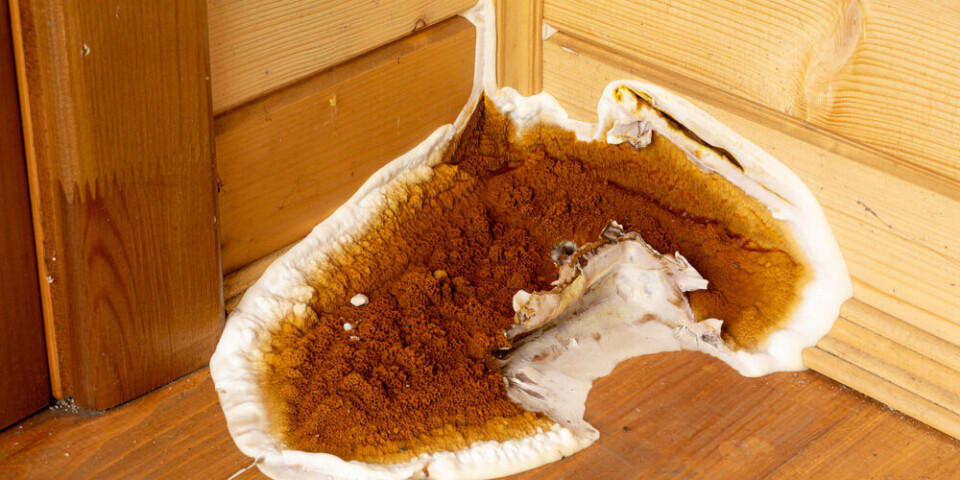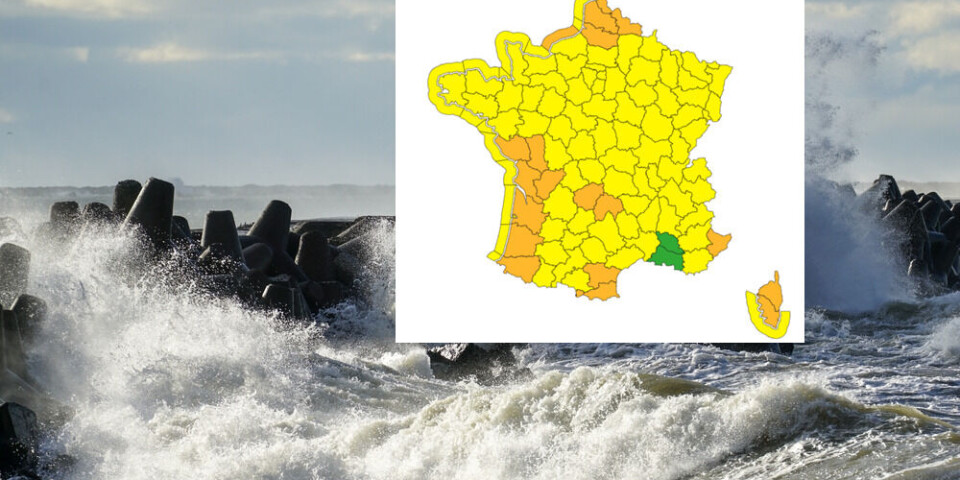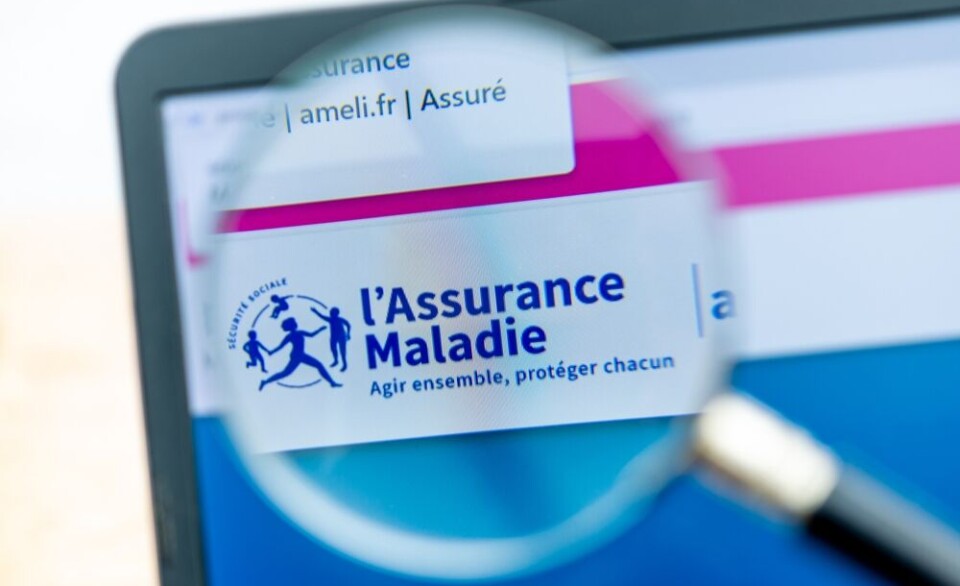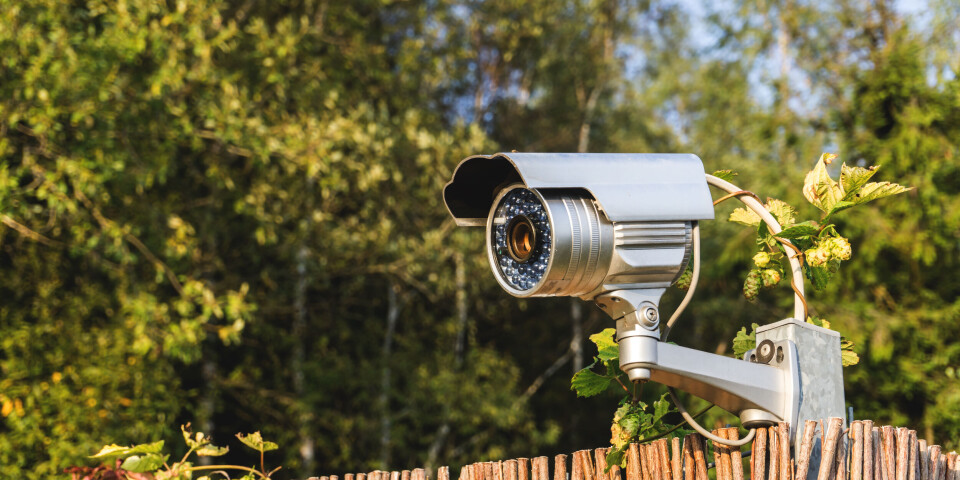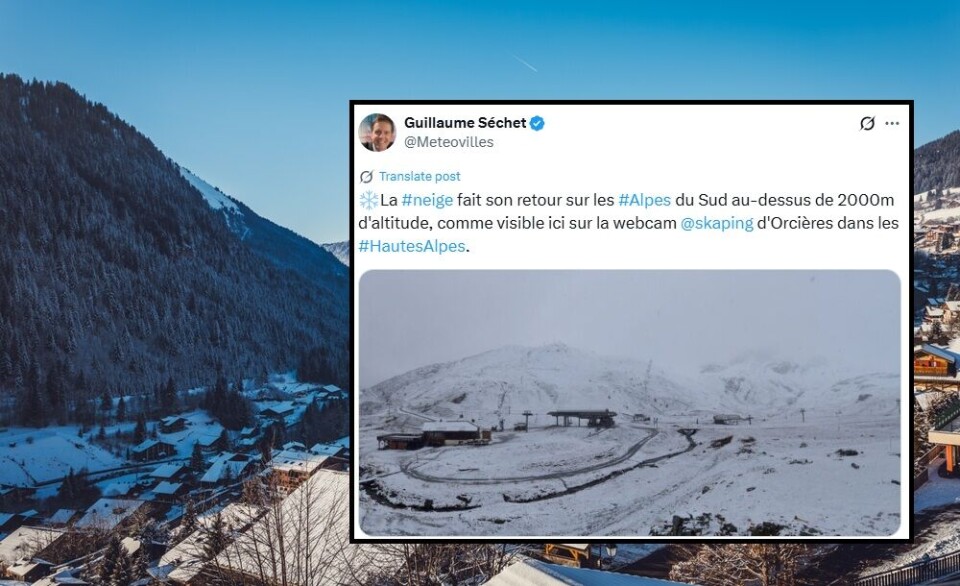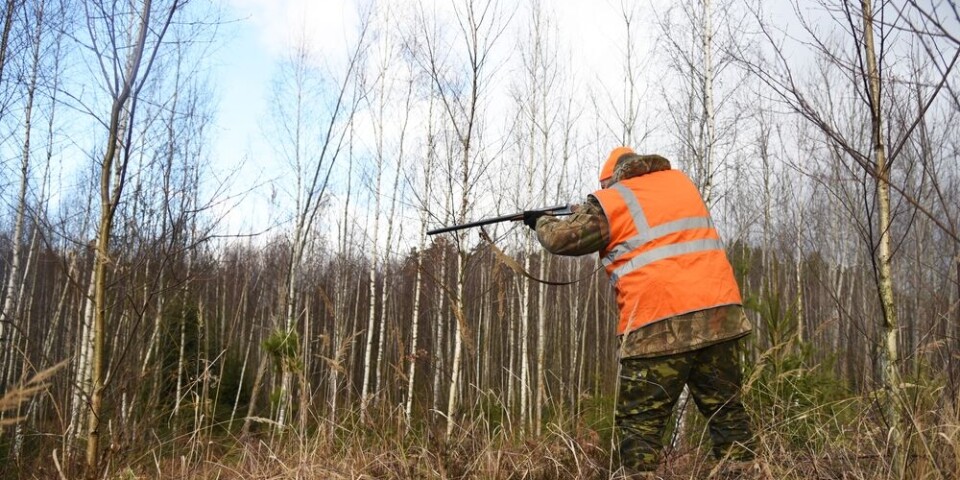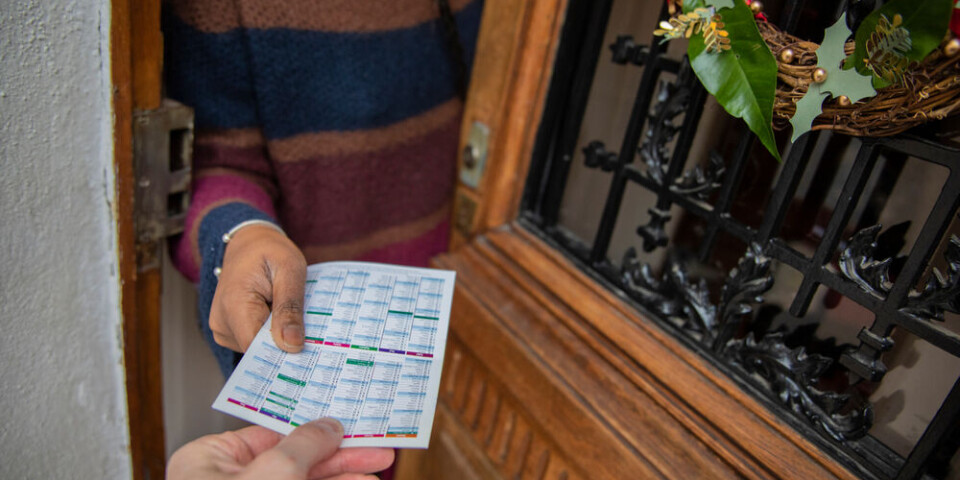-
How workers can enjoy the silence at the bibliothèque
Discover the best remote working options in France, from home offices to libraries
-
Learning French: when and why do we say être dur de la feuille?
A leaf-themed phrase for when a person is hard of hearing
-
Learning French: les carottes sont cuites and 10 other food idioms
Salads, carrots, apples, and onions are all used in common phrases. How many do you know?
Quand même: The French phrase for almost every occasion
There is no direct English translation for this very multi-purpose phrase

Like many of the everyday French words and phrases that we deal with in this column, the oft-overheard “quand même” has no direct translation into English, which makes your insertion of it into conversations all the more difficult. Yet by mastering it you will blend in like a local in no time.
The problem is that quand même has several meanings and nuances, and these include “wow”, “even so”, “even though”, “anyway,” “despite”, “at least” or “really”.
Perhaps the easiest to understand is when it is used to express surprise at what someone tells you. If someone says to you “Cette Ferrari m’a couté trois cent euros”, (‘This Ferrari cost me three hundred euros’), your jaw might drop before you utter “Ah oui? quand même!” This means “Oh yeah? Wow!”.
You can express gratitude with a quick quand même too. If someone has tried to do you a favour, even if it did not come good you might say “merci quand même” – ‘thanks anyway’.
Similarly, express ‘anyway’ in another context thus: “I didn’t fancy going shopping with my wife but I went anyway” would be “J’avais pas envie de faire les boutiques avec ma femme mais j’y suis allé quand même”.
Another example might be when something is not how you expected it to be, but you like it anyway: “C’était quand même bien”. (It was still good.)
Adding emphasis or more power to an adjective – the English equivalent of ‘really’ (as in “very”) is another good way to use quand même. For example: “La maison est quand même grande”, (“The house is really big”).
Related articles
Bâton de pèlerin: double meaning of Macron's pilgrim’s staff
How do you express irritation in French but in a polite way?




